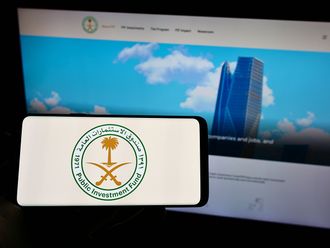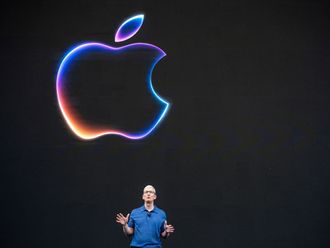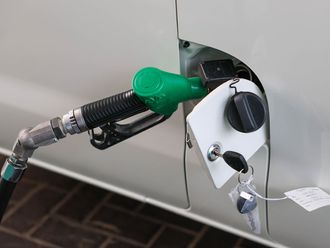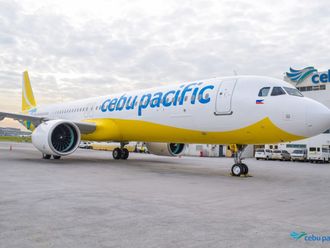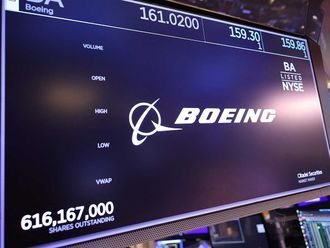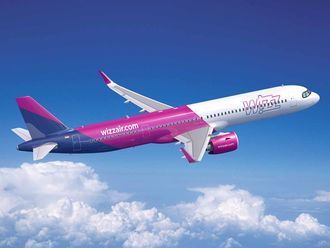Dubai: The Arab market has become a "dumping ground" for cheap Chinese commodities as China fails to invest in technology and industrial projects here, creating an unbalanced trade relationship for the region, said Arab business leaders and Arab League representatives.
"The Chinese side has to know that the Arab market is not just an export market. The GCC market is dumped with Chinese products but this is one-sided," said Hamdi Tabba'a, Chairman of the Federation of Arab Businessmen (FAB).
This trend is aggravated by the lack of customs taxes in the UAE to put a check on Chinese products, he said.
In 2010, China's foreign direct investment (FDI) in the Arab world amounted to $783 million (Dh2.875 billion), just one per cent of China's FDI compared to 64 per cent in Asia and 15 per cent in Latin America, said Mohammad Bin Yousuf, Director-General of the Arab Industrial Development and Mining Organisation.
"The priority now has to be for adding value to the Arab market," said Tabba'a.
To do this, China must invest in much-needed technology and industrial projects in Arab countries, he said.
"We need to get Chinese know-how here to develop the industrial sector," he said. "Cheap energy should be utilised to create downstream petrochemical industries, not just to sell energy cheaply."
To attract Chinese investments, Arab countries must offer some crucial incentives.
Forging Chinese-Arab partnerships, importing Chinese technical expertise in partnership with Arab companies and setting up technical training centres for Arab youth are necessary incentives to attract Chinese investments, said Tabba'a. "Industrial companies here are sub-standard at the moment."
Incentives
"Protectionism is not a solution. We need incentives and we need a familiarisation with the Arab market," Tabba'a said. "We did not go the extra mile [to do this]."
But it is Arab governments that must follow up with legislation and policies to turn these recommendations into reality, Tabba'a said.
At present, the investment environment in the Arab world is discouraging to FDI, according to an Arab League representative.
"Arab countries need to change the investment environment, it discourages investments. There isn't a competitive investment environment: look at the strict laws and unproductive procedures," said Dr. Mohammad Bin Ebrahim Al Tuwaijri, Assistant General-Secretary for Economic Affairs at the Arab League.
There is a lack of will by Arab investors as well, he pointed out.
"We don't have industries, it's mostly petrol-related," he said. "There should be an increasing investment partnership with China, but this does not exist now."
One of the main obstacles for Chinese investors is expensive energy, he said.
For the Arab business community, the political uprisings in the region have created the biggest challenge, Tabba'a said.
"It is a positive challenge, the Arab Spring is all about reformation. But in some countries this process is slow and the Arab citizen is really affected."
In the first 11 months of 2011, trade between China and the UAE grew to $32 billion, a rise of 38.2 per cent over the same period in 2010, according to Chinese customs data. Chinese exports to the UAE, worth $24.3 billion, dominated that trade.
The UAE is a relatively modest exporter of crude to China.
In the first 11 months of 2011, it shipped 6.4 million tonnes of crude to China, a rise of 26 per cent over the same period in 2010.



